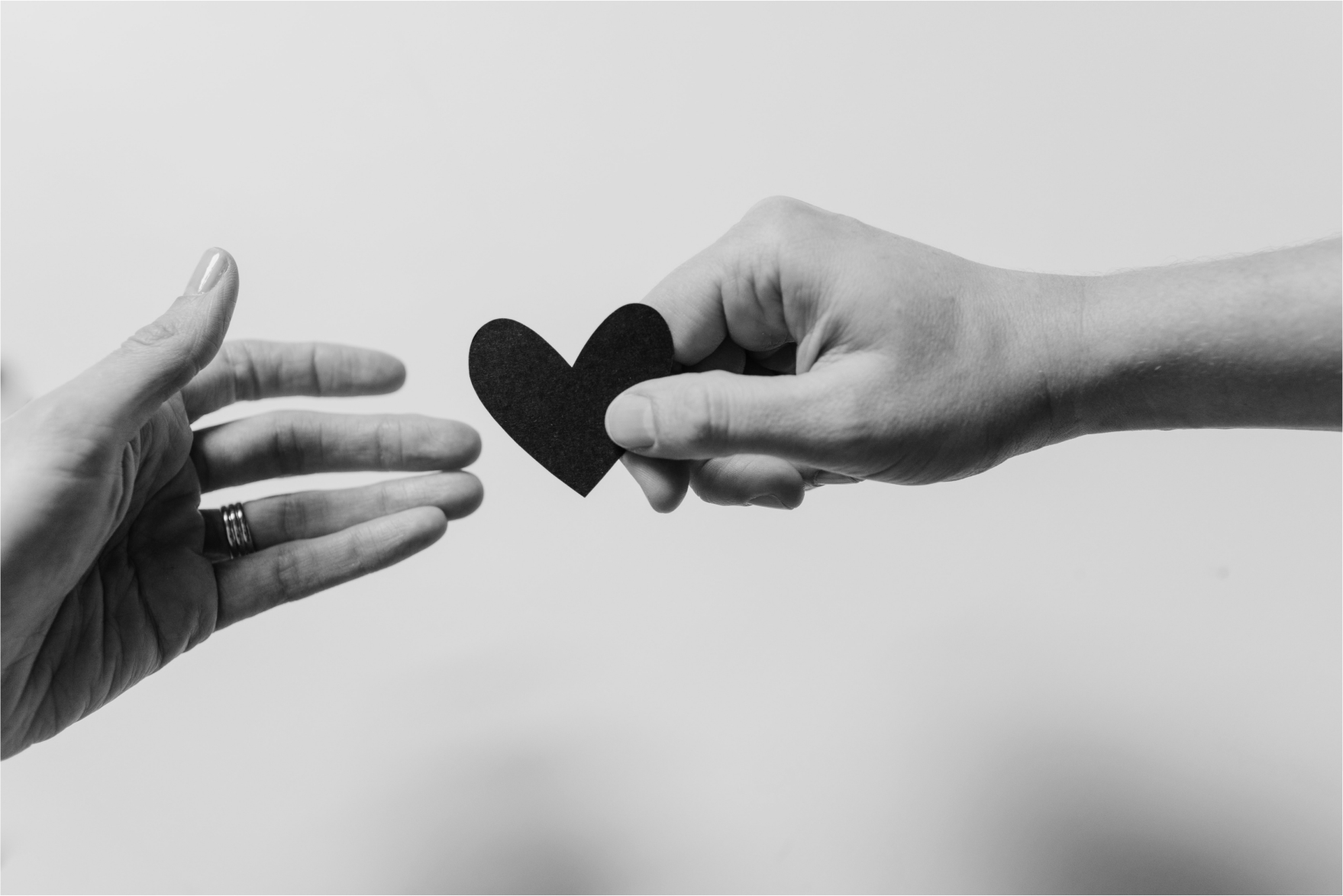Share your story
Live in this state?
Personal stories help people understand the importance of Death with Dignity legislation, and how it's being enacted.
CURRENT STATUS: NO ACTIVE LEGISLATION
Help bring Death with Dignity to your state! We’re continuing the fight to ensure people with terminal illness can decide how and when to die on their own terms.
SIGN OUR PETITION to let us know you’re ready to bring Death with Dignity to Utah, and we’ll share the ways you can get involved in the fight locally and nationally.
Utah Bill Receives Hearing
The Utah Death with Dignity bill, HB74, receives a public hearing in the House Health and Human Services Committee on February 15. The bill fails to move forward.
Bill Does Not Advance
HB93 is introduced by Utah State Representative Jennifer Dailey-Provost. The bill does not advance.
Bill Voted Down in Rules Committee
Utah State Representative Jennifer Dailey-Provost introduces the End of Life Options Act (HB121). The Rules Committee of the Utah House of Representatives votes not to allow the bill a committee hearing.
Early Efforts in Utah
Utah State Representative Rebecca Chavez-Houck sponsors an aid-in-dying bill in each of four legislative sessions:
Poll Shows Support for Physician-Assisted Dying
A December 2015 UtahPolicy.com poll found that 58 percent of Utahns support physician assisted-dying legislation.
The poll found the only religious group opposed to Death with Dignity are members of the Latter Day Saints (LDS), who self-identify as “very active.” Those identifying as “somewhat active” favor the idea of a right-to-die law 79-16 percent, and “not active” favor 87-11 percent. Seventy-six percent of Catholics, 80 percent of Protestants, and 94 percent of non-religious people favor the idea.

Share your story
Personal stories help people understand the importance of Death with Dignity legislation, and how it's being enacted.